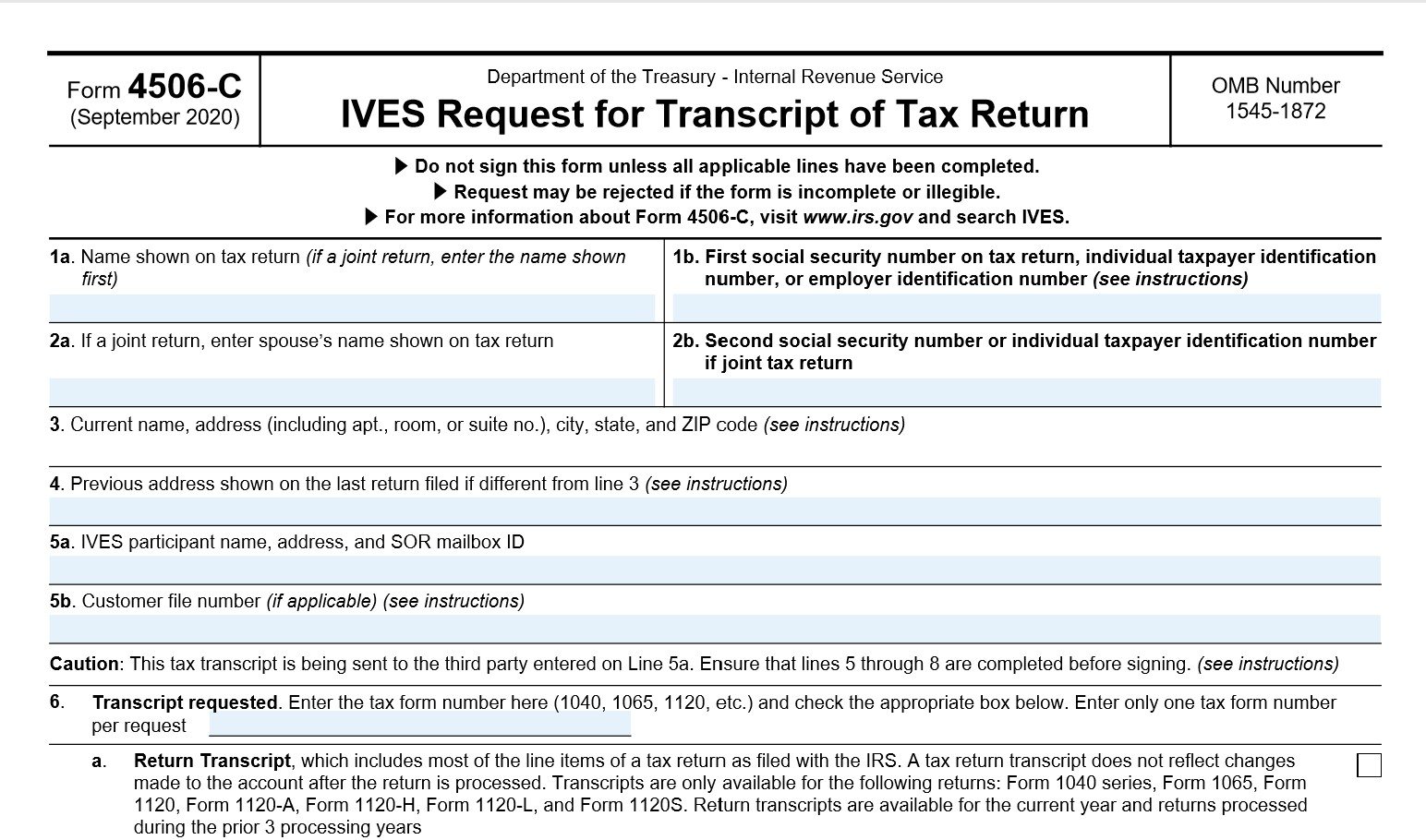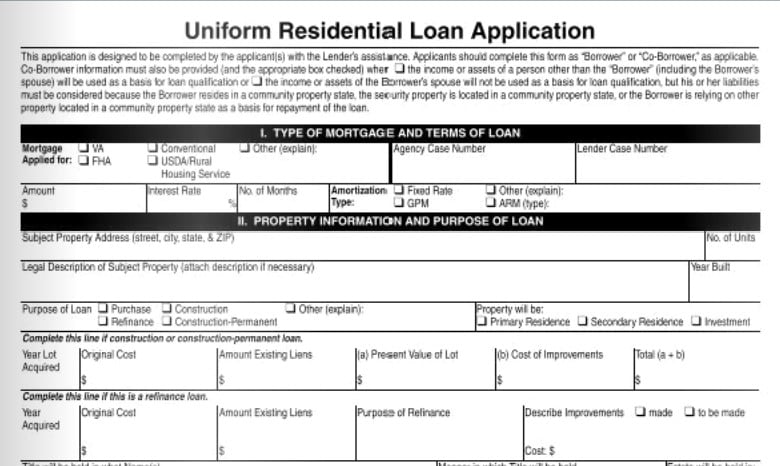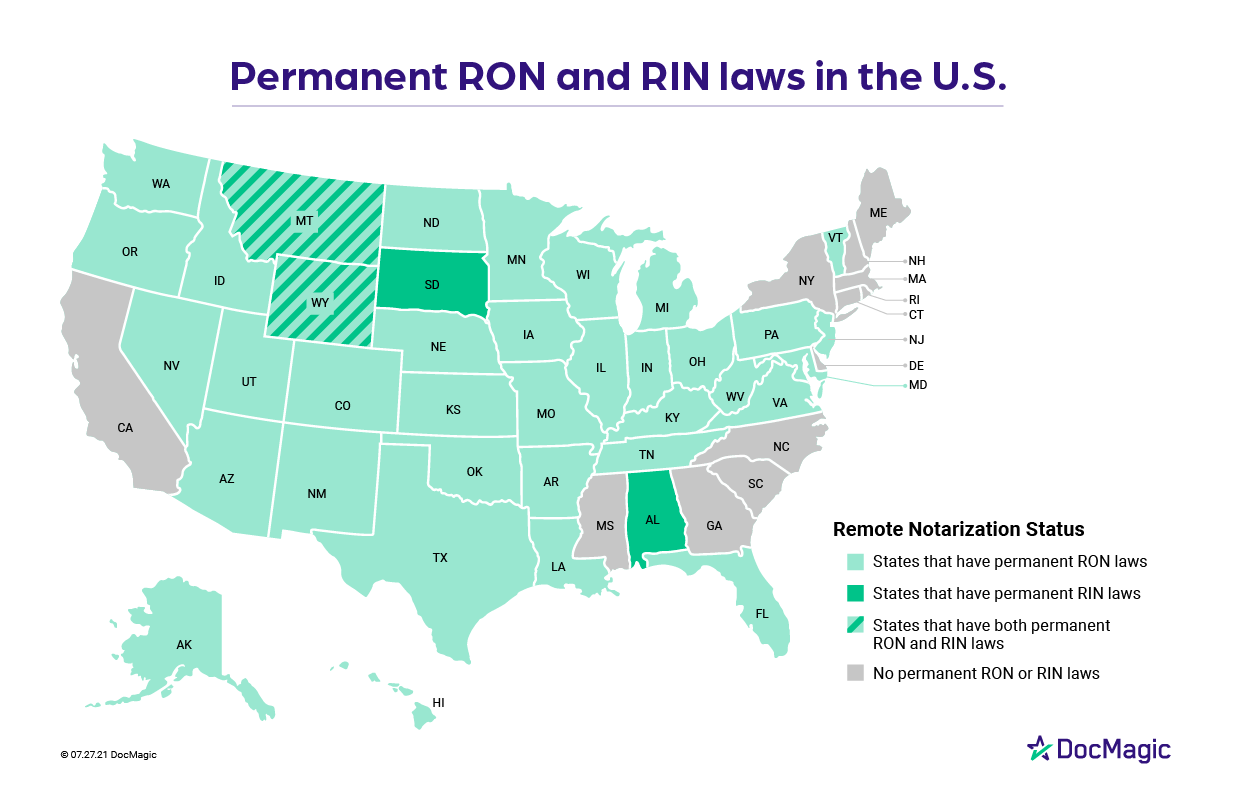CFPB issues statement on financial institutions serving LEP consumers
On Jan. 13, the Consumer Financial Protection Bureau (CFPB) issued a “Statement Regarding the Provision of Financial Products and Services to Consumers with Limited English Proficiency (LEP)." The statement encourages financial institutions to expand services to LEP consumers who often face barriers such as language access issues when obtaining credit.
 The statement highlights that the CFPB has been engaging with industry stakeholders, consumer advocacy organizations, and trade associations to get feedback on challenges specific to serving LEP consumers. In August 2020, the CFPB issued a Request for Information (RFI) which asked for comments on how to provide clarity under applicable laws and encourage creditors to provide services to LEP consumers.
The statement highlights that the CFPB has been engaging with industry stakeholders, consumer advocacy organizations, and trade associations to get feedback on challenges specific to serving LEP consumers. In August 2020, the CFPB issued a Request for Information (RFI) which asked for comments on how to provide clarity under applicable laws and encourage creditors to provide services to LEP consumers.
In comments responding to the RFI, financial institutions expressed a need for further guidance on how to expand their products and services to LEP consumers while staying compliant. The CFPB received comments regarding concerns of potential fair lending risks under ECOA and potential UDAAP risks when stakeholders decide how and in what languages to offer products and services. For example, with hundreds of languages spoken in the United States, comments expressed concerns of prioritizing services in one language over another, and what factors may be considered in those decisions.
Additional comments asked the CFPB to clarify that institutions unable to provide support in other languages besides English are not in violation of ECOA, and that offering support in only some but not all non-English languages would not be considered an unfair, deceptive, abusive, or discriminatory practice. Some stakeholder groups suggested that the CFPB provide more translated documents and notices. Other comments asserted that verbal interpretation via telephone is a more effective short-term solution to improving services for LEP consumers.
In response to the feedback, the statement emphasizes the CFPB’s duty under the Dodd-Frank Act to ensure “fair, equitable and nondiscriminatory access to credit.” The CFPB encourages financial institutions to better serve LEP consumers, while remaining compliant with applicable legal requirements. To achieve this goal, the CFPB suggests that financial institutions may consider:
- Implementing pilot programs or a phased approach to prove products and services to LEP consumers.
- Developing a variety of compliance approaches depending on relevant factors such as the “size, complexity, and risk profile of an institution.”
- Mitigating compliance risks by providing LEP consumers with clear and timely disclosures in non-English languages that include the extent and limits of any language services provided. This would include providing how LEP consumers can obtain additional information or ask questions.
- Extending credit under a special purpose credit program (SPCP), following the standards and rules provided in Regulation B. The CFPB previously issued an advisory opinion on how to develop and implement a compliant SPCP.
The CFPB recommends specific considerations to help financial institutions mitigate ECOA, UDAAP, and other legal risks when developing compliance solutions related to serving LEP consumers. When considering whether to provide non-English language services, the CFPB recommends that a financial institution consider documented and verifiable information such as U.S. Census Bureau demographics. Local demographics may help regional institutions decide to provide language services that differ from what would be provided by a more national focus. Product and service selection and language preference collection and tracking is also recommended to improve needed services and “facilitate communication with LEP consumers in non-English languages.”
The statement also emphasizes that financial institutions must follow federal and state law requirements for providing consumers with translated documents and must ensure the accuracy of the translations. Further, the CFPB recommends that financial institutions implement a compliance management system (CMS) that can document policies and procedures, and monitor services and consumer complaints.
Related Content:
Let us digitally transform your mortgage process for increased efficiency and ROI. See how by scheduling a demo today.
Topics from this blog: Compliance
BackSearch the Blog
- Recent
- Popular
- Topics










List By Topic
- Compliance (100)
- eClosing (85)
- eSign (71)
- Awards (70)
- Integrations (57)
- Industry Publications (52)
- Total eClose (44)
- eNotes (33)
- Remote Online Notarization (31)
- Document Generation (30)
- eDisclosures (25)
- GSEs (18)
- eVault (18)
- eNotary (16)
- SmartCLOSE (13)
- LoanMagic (12)
- eDelivery (11)
- Philanthropy (8)
- Partnerships (7)
- AutoPrep (3)
- Industry Insight (3)
Subscribe Here
Download the Truliant Federal Credit Union Case Study
Truliant took several key steps to refine its 100% digital eClosing process — including finding the right technology partner.
